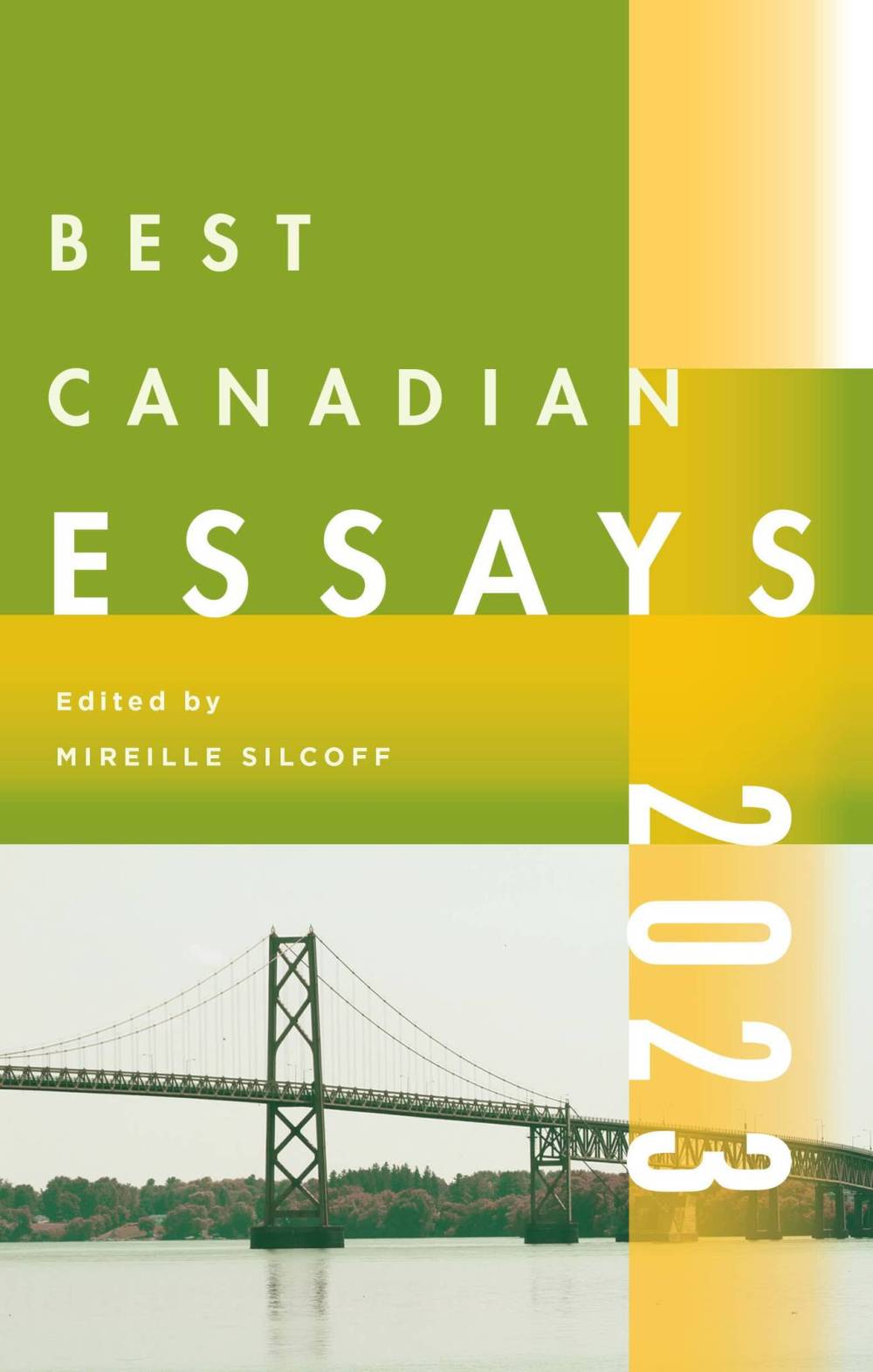Earnest essays offer some serious insight
Advertisement
Read this article for free:
or
Already have an account? Log in here »
To continue reading, please subscribe:
Monthly Digital Subscription
$19 $0 for the first 4 weeks*
- Enjoy unlimited reading on winnipegfreepress.com
- Read the E-Edition, our digital replica newspaper
- Access News Break, our award-winning app
- Play interactive puzzles
*No charge for four weeks then billed as $19 plus GST every four weeks. Offer only available to new and qualified returning subscribers. Cancel any time.
Read unlimited articles for free today:
or
Already have an account? Log in here »
Hey there, time traveller!
This article was published 06/01/2023 (717 days ago), so information in it may no longer be current.
Whenever the word “best” gets tossed around, there are bound to be disagreements and disputes. Are these the best Canadian essays written in 2021? Editor Mireille Silcoff, who collected, chose and arranged them, seems to think so. A list of entries that were near misses, that didn’t make the final cut, is included.
Maybe a more revealing title would be: Really Good Essays Written by Canadians in 2021 on Issues that Were Very Important to the People Who Tend to Buy These Kinds of Books. But that title wouldn’t fit on the binding or be eye-catching enough to attract buyers, would it?
Mireille Silcoff must be a very serious person for this is a serious, SERIOUS collection (with only one exception).

Best Canadian Essays
The fifth essay is by Jane Hu, who writes about her love of the McDonald’s Filet-O-Fish sandwich. “Eating one always felt transportive,” she writes, “the equivalent of Proust’s madeleine for my Chinese diasporic upbringing.” Her essay is short and sweet — the shortest and warmest in the book, in fact, and unlike the 15 others that surround it.
These others are uniformly top-notch, some outstandingly so. But oh, so serious, on topics such as the shocking discovery from a DNA search, the lack of intellectual courage in today’s world, the harm caused by playing Indian, the criminalization of a Toronto neighborhood and the decline of America. And these are just the ones that precede Hu’s essay.
Further topics include the onset of Parkinson’s disease, the troubles of a Lebanese immigrant, how COVID has affected friendships, the loneliness of aging, how we’ve all become a society of teenagers, the deception of gender supremacists, the sad beauty of Afghanistan, the sorry state of work, the trials of raising a child while writing a novel and how the news media isn’t inclusive enough.
As earnest and downbeat as they sound, some of the essays, as stand-alones, are worth the price of the entire book.
Sharon Butala’s contribution, On Aging Alone, is one such essay, undoubtedly the best in the book. In an emotion-driven and revealing confession, she explains how she has felt alone from a specific moment at age eight and how widowhood and old age have re-enforced that sense of being lonely, an outsider. It’s a wise and inclusive essay, not maudlin or self-pitying in any way.
Placed first in the anthology, Genetic Mapping by Emma Gilchrist is the editor’s favorite essay, and rightly so. Since genealogical research is said to be the second most popular hobby (after gardening), this essay should have the broadest appeal. Gilchrist, put up for adoption just after birth, has found her birth mother. Her essay is the suspenseful account of her quest to find her birth father. Anybody in the least bit interested in tracing their genealogical background will be captivated by her account and its unexpected result. Gilchrist sets a very high standard for the rest of the collection.
Other standout essays include Kathy Page’s That Other Place, an account of how a person can cope with mysterious physical symptoms and arrive at a “new awakening” that allows her to fall “in love with reality itself.”
Also worth singling out for praise is Jamaluddin Aram’s troubling description of life in Afghanistan.
While all of these Best Canadian Essays contain important and revealing insights — and collectively they catch the zeitgeist of the COVID-afflicted world of 2021 — the anthology could use some leavening. Another couple of spoons full of Jane Hu-style writing would make the medicinal qualities of the rest of the book go down more delightfully.
Gene Walz is the author of Happiness Is a Rare Bird, a collection of essays subtitled Living the Birding Life.

